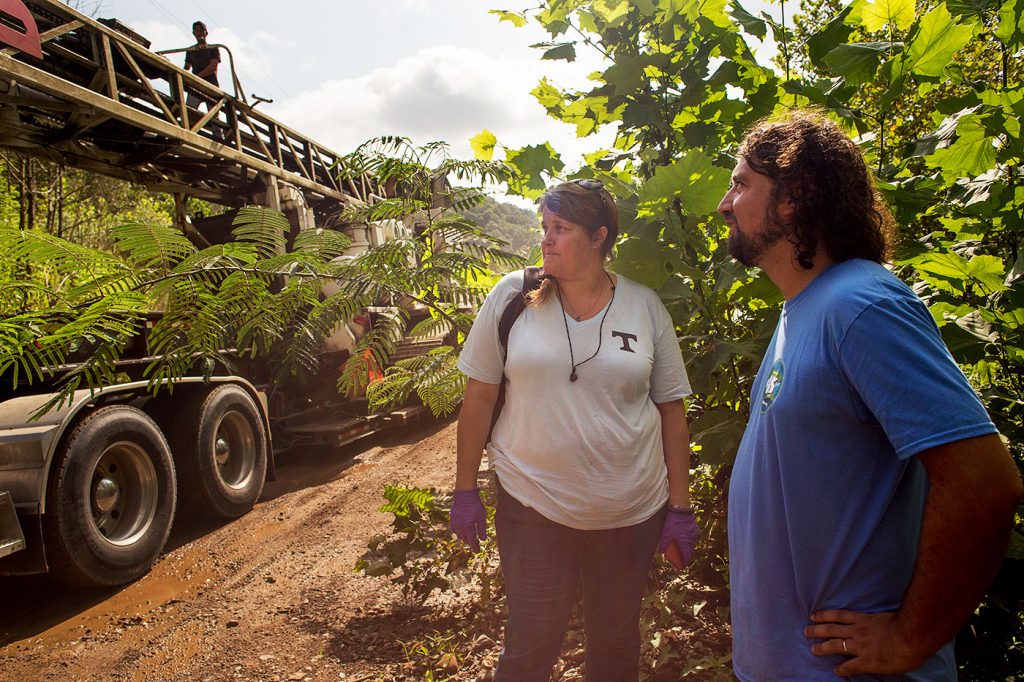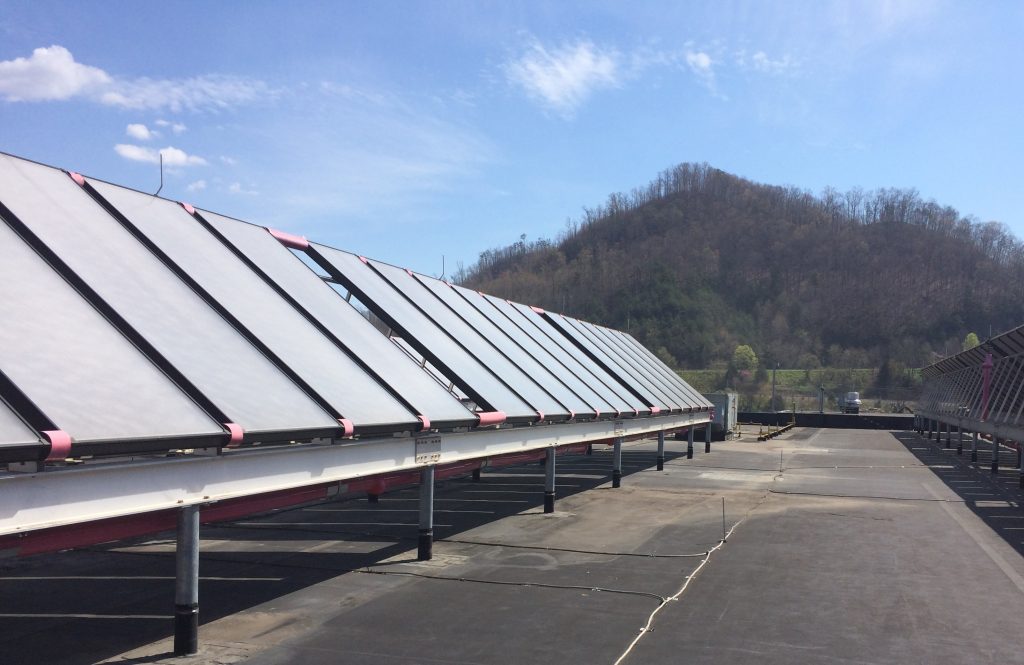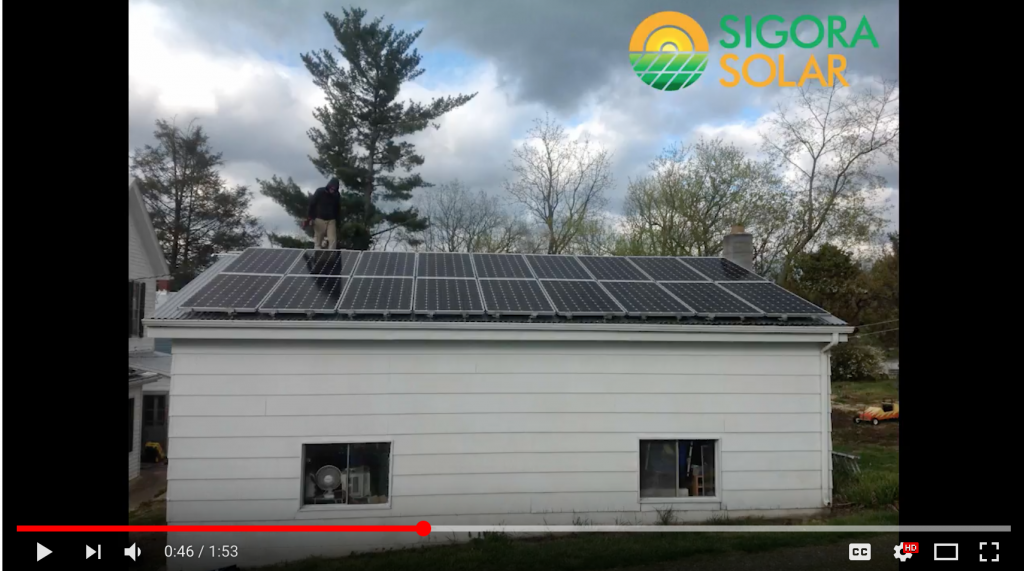Cleaning Up Coal Ash
For well over a century, power plants across the country have burned coal to generate electricity. And for just as long, leftover coal ash has been dumped in open, unlined pits near the power plant, usually located on a river or lake. Every year, U.S. power plants produce 130 million tons of coal ash, which is the second largest waste stream in the country after municipal garbage.
Coal ash concentrates the toxic heavy metals found in coal, including arsenic, mercury, lead and selenium. Stored in unlined, wet impoundments, coal ash has been leaking these toxics into our groundwater and surface waters for years. Sometimes these impoundments collapse — with disastrous results.
Yet government regulations for coal ash management are either non-existent or sparse, and there is little enforcement of the regulations that do exist. In North Carolina, this lack of oversight — and the complicity between state regulators, elected officials and Duke Energy — came to a boiling point in February 2014 when one of Duke’s coal ash impoundments spilled 39 million tons of ash into the Dan River.
Citizens living near North Carolina’s 33 coal ash impoundments — all of which have leaked — have fought for transparency from Duke and the state, and for cleanup of the pollution that threatens their property value, health and family. Their actions forced this issue into the headlines of news networks and to the forefront of environmental justice conversations in the United States.
Appalachian Voices stood with these communities as we worked for years to compel Duke Energy and the N.C. Department of Environmental Quality to excavate coal ash from all the North Carolina sites and dispose of it either in lined, dry landfills, away from waterways, or by recycling it for concrete or other uses, provided it’s done in a manner that protects public health and the environment.
On Jan. 2, 2020, North Carolina announced a historic settlement with one of the state’s most powerful corporations and polluters, Duke Energy. The settlement requires Duke to move nearly 80 million tons of toxic coal ash at six of its power plants to properly lined landfills onsite or recycle it.

Learn information about specific coal ash impoundments in the South, including health threats and safety ratings:
Additional Resources
Fact sheets, videos, links to academic research, and more
Sign Up to Act
Help us protect the health of our communities and waterways.
Latest News
Va. regulators reject APCO’s misguided renewable energy program
Contact: Peter Anderson, Appalachian Voices, 434-293-6373, peter@appvoices.org Yesterday,…
Massive mountaintop removal mine threatens Clearfork Valley
The Clearfork Valley of Tennessee has been intensely surface-mined going back decades. Now, Kopper Glo Mining is moving forward with a nearly 1,500-acre mountaintop removal mine on nearby Cooper Ridge.
Solarize Wise (Va.) running strong with Sigora Solar on board
Contact: Lydia Graves, Solarize Wise Program Coordinator, Lydia@appvoices.org,…
Duke Energy wants to raise your power bill
Duke Energy is asking the North Carolina Utilities Commission for approval to raise rates for its residential customers by more than 16 percent. But North Carolinians are already paying the cost for Duke Energy’s mess.
West Virginia Gov. Jim Justice fights for coal — at any cost
West Virginia Gov. Jim Justice clearly favors Central Appalachian coal — it’s largely how he made his fortune after all. It’s less clear whether Justice is thinking about Central Appalachian people or the future of the region.
Solarize Wise is running strong with Sigora Solar
Check out this quick video about Solarize Wise, a community campaign to make going solar simple and affordable for residents, farmers and business owners in the Wise County, Va., area. Now is the time to find out if solar is right for you!











